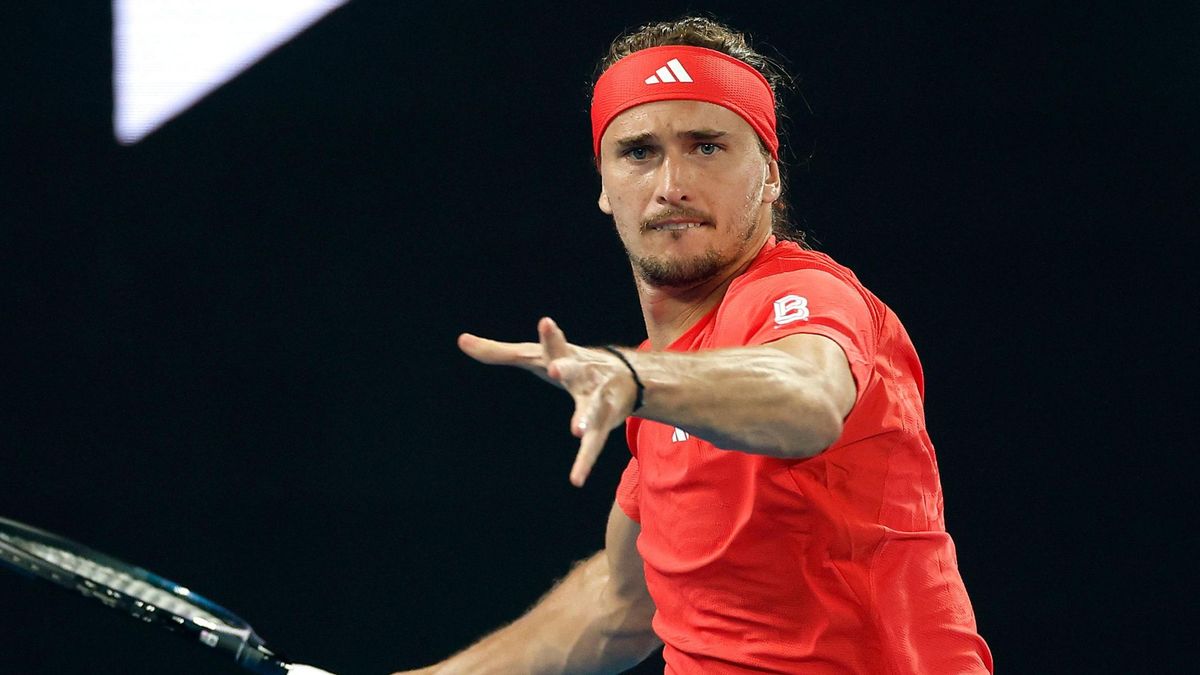Germany is expecting a football festival in the summer. The European Championship means a billion-dollar business for UEFA, and advertising for the host cities on their own behalf. And impulses for the German economy?
If the German national soccer team with coach Julian Nagelsmann were to be crowned European champions in their own country on July 14th, their sporting success would likely outshine everything in this country. Decades later, millions of people will still remember this European Championship – that’s for sure. But what will remain of this tournament economically? And what if the Nagelsmann selection fails early?
Regardless of the success of the German team, the European Football Championship turns out to be a million-dollar business – even a billion-dollar business. The European Football Union UEFA expects the European Championship to generate revenue of a gigantic 2.4 billion euros, according to a budget report. In return, UEFA, or rather its subsidiaries, pay taxes in connection with the European Championship in the summer in an estimated amount of 65 million euros in Germany – although UEFA, as a non-profit association based in Switzerland, does not have to pay any tax on the tax in this country EM-related revenues, including revenues from media commercialization, sponsorships and licensing rights.
A possible tax break in the wake of the European Championship is controversial in Germany. The Federal Ministry of Finance announced that an exemption from income tax is possible in certain cases. The Federal Ministry of Finance did not provide any specific information about the extent to which a tax relief actually exists – and cited tax secrecy as the reason. “However, tax breaks for international sporting events in the form of government guarantees have been issued for years and are also regularly an international practice in many countries. They are only granted within the framework of the applicable legal situation.”
Costs per EM city are in the double-digit million range
Hundreds of thousands of fans from all over Europe will flock to Germany and especially to the ten host cities for the tournament. From their point of view, the so-called host cities can use this to promote their image despite millions in costs. “The expenditure on UEFA Euro 2024 can be seen as an investment in the host city of Munich in order to continue to maintain and, if possible, expand its reputation as a sports city and a competent organizer of major sporting events,” said Munich. The Bavarian capital estimates its costs at around 21 million euros. Other host cities also reported costs in the double-digit million range.
It’s not just the cities that have to spend on the home European Championships. The federal states cover the costs for the state police. However, how high these costs are remains to be seen. The states said it depends on the operations and personnel requirements.
In order to make the European Championship a safe and large football party, the federal government is also investing huge amounts of money. According to its own information, the federal government is spending more than 13 million euros on a cultural program for UEFA Euro 2024 alone.
Trade association: EM can provide a positive boost
18 years after the World Cup, a magical football festival as a summer fairy tale 2.0 is not only the hope of the federal government, states and host cities. “Major sporting events can always be an important sales stimulus for retailers. Especially when they take place in your own country, like the European Football Championship, they trigger larger flows of visitors. This can give a positive boost to local consumption,” said a spokesman for the German trade association . The food trade in particular does good business during major sporting events. “Because many people stock up on drinks and food to watch football together.”
But what else is needed for a summer fairy tale 2.0 besides the many fans? From the perspective of several industry associations, summer weather and a successful German national team. “In addition to the weather and hopefully optimal public viewing conditions, it will also depend on how well our national team performs,” said the general manager of the German Hotel and Restaurant Association, Ingrid Hartges. The German Brewers Association sees it similarly. “It will only be a summer fairy tale if the weather cooperates and our national team is successful,” explained Holger Eichele, general manager of the association.
According to Eichele, it has been shown in the past that major football events have a positive effect on beer sales. During a tournament, more beer is drunk than usual in summer weeks. “In the World Cup year 2006, around five percent more beer was sold before and during the World Cup, and around four percent more at the subsequent events,” explained Eichele.
Experts don’t believe there will be a big effect
And what does the home European Championship bring to the overall economic situation in Germany? Not very much, experts predict. No “significant economic stimulus is to be expected,” emphasized Michael Grömling from the German Economic Institute in Cologne. At least some areas could benefit temporarily, predicted Marcel Fratzscher, President of the German Institute for Economic Research Berlin. “Hotels and the catering industry in particular will benefit from additional demand, although this will not have a major impact on the overall economy.”
According to the experts, there is virtually no hope of an economic boom. A summer fairy tale 2.0 is still possible – and would even come true if Toni Kroos, Thomas Müller, Manuel Neuer and Co. win the European Championship.
Source: Stern
I am Pierce Boyd, a driven and ambitious professional working in the news industry. I have been writing for 24 Hours Worlds for over five years, specializing in sports section coverage. During my tenure at the publication, I have built an impressive portfolio of articles that has earned me a reputation as an experienced journalist and content creator.




